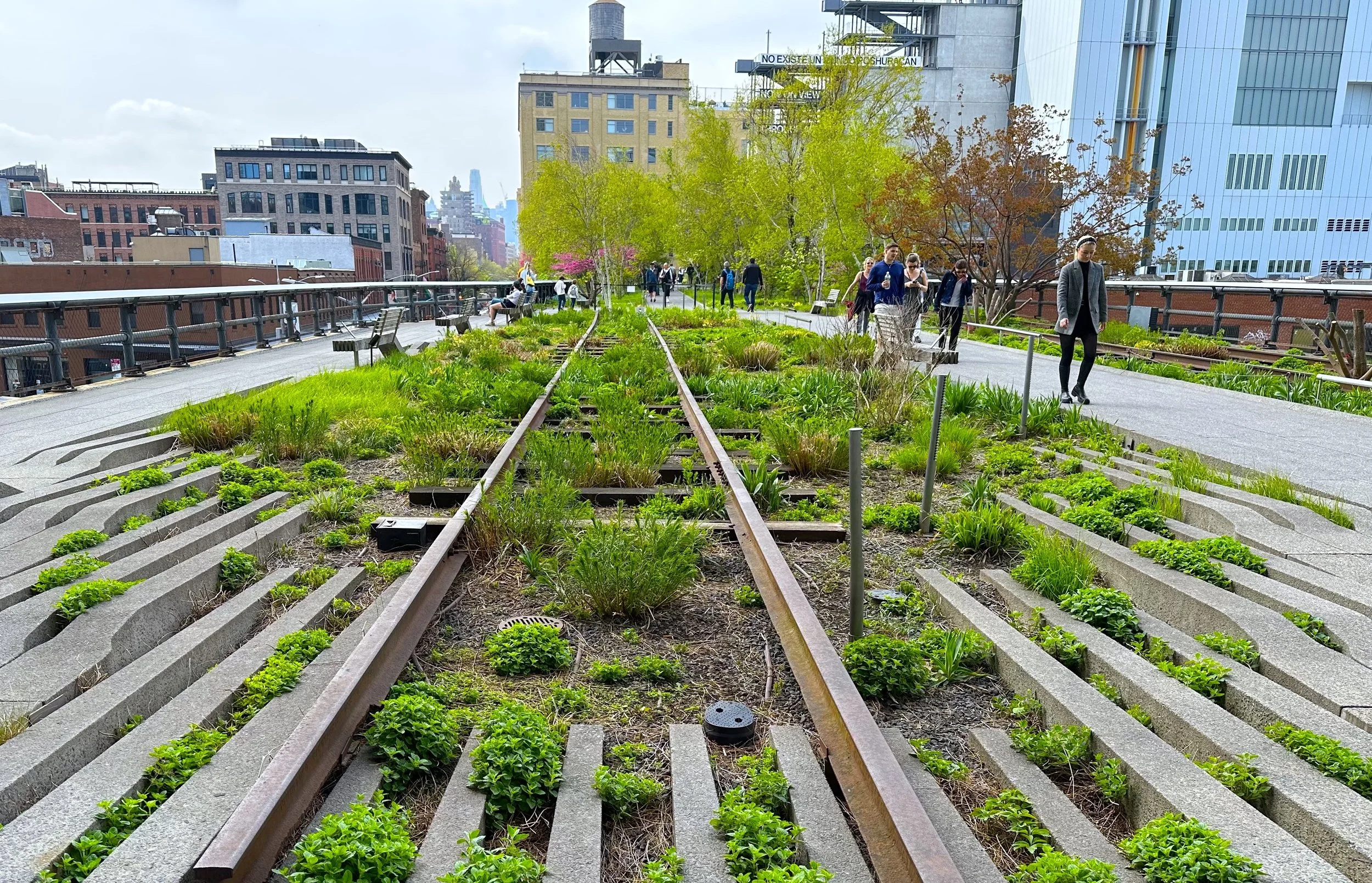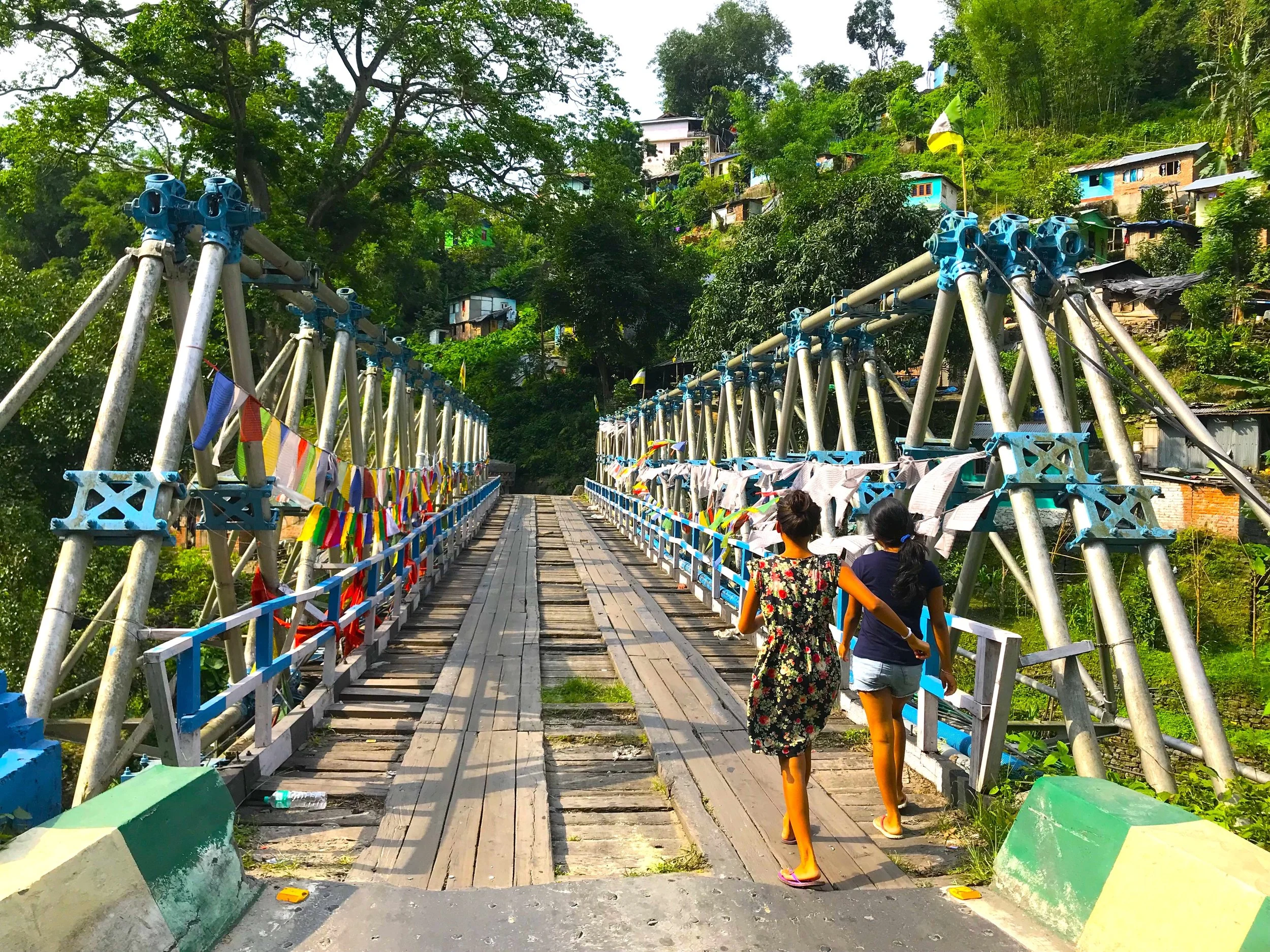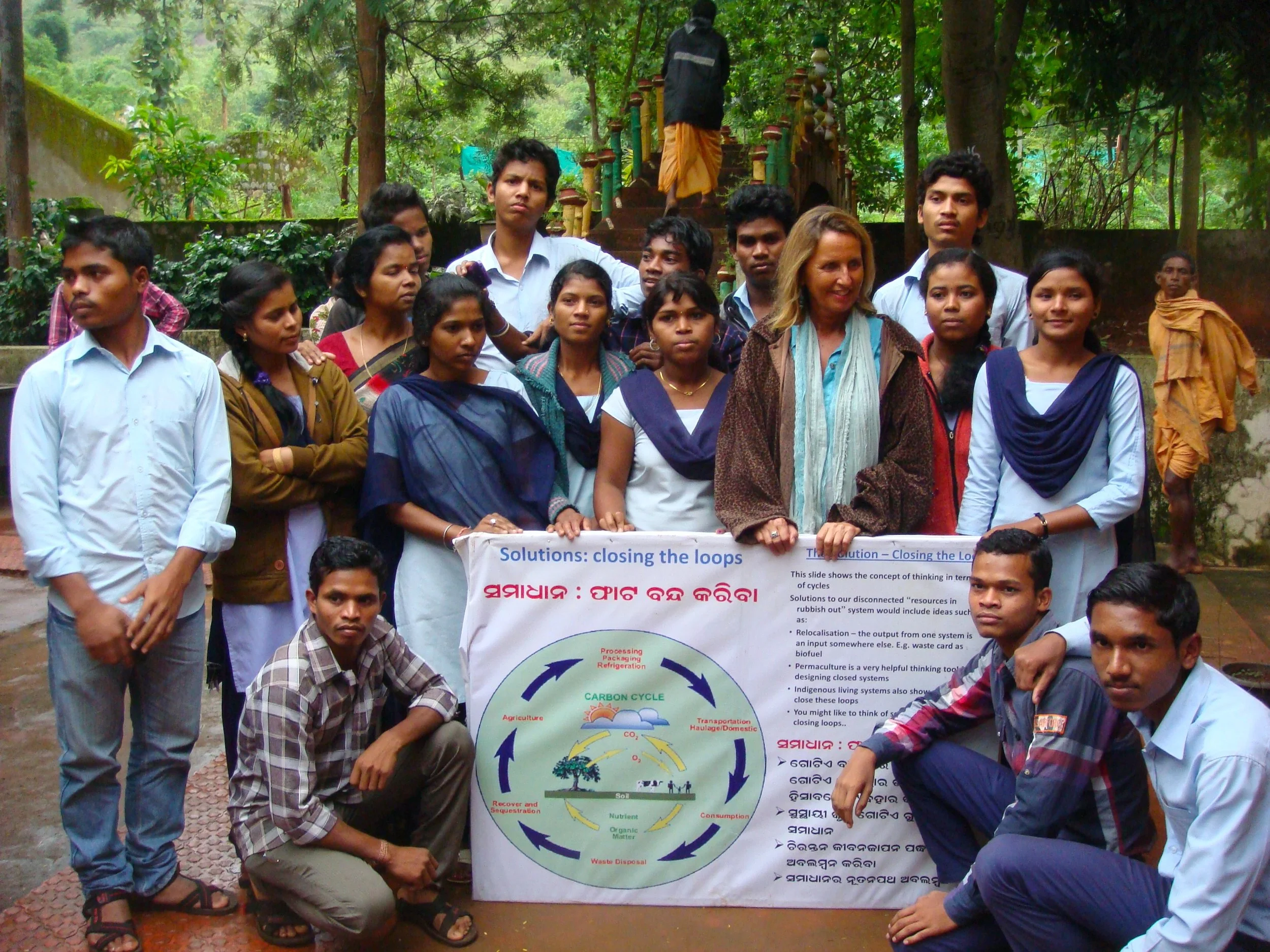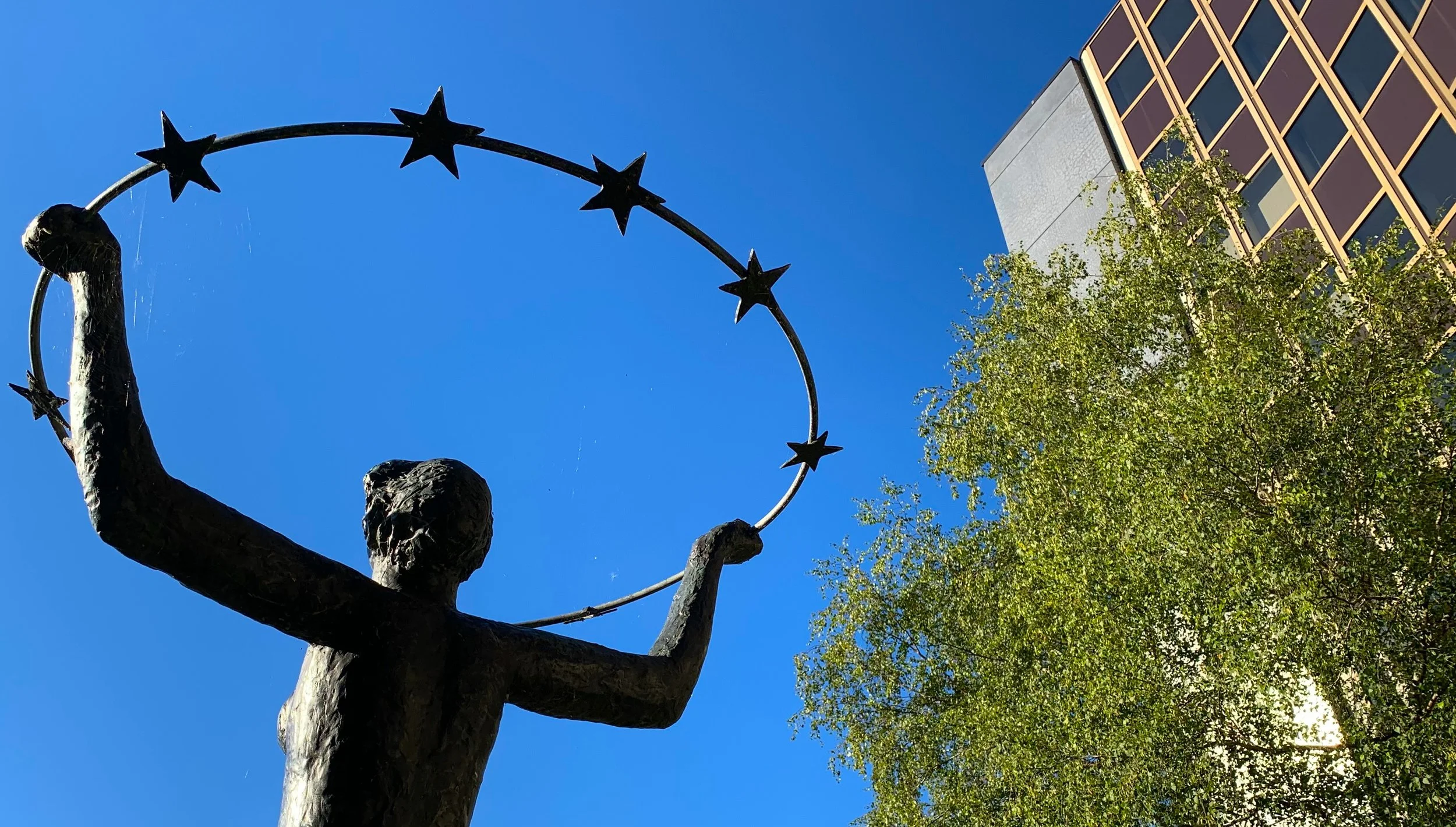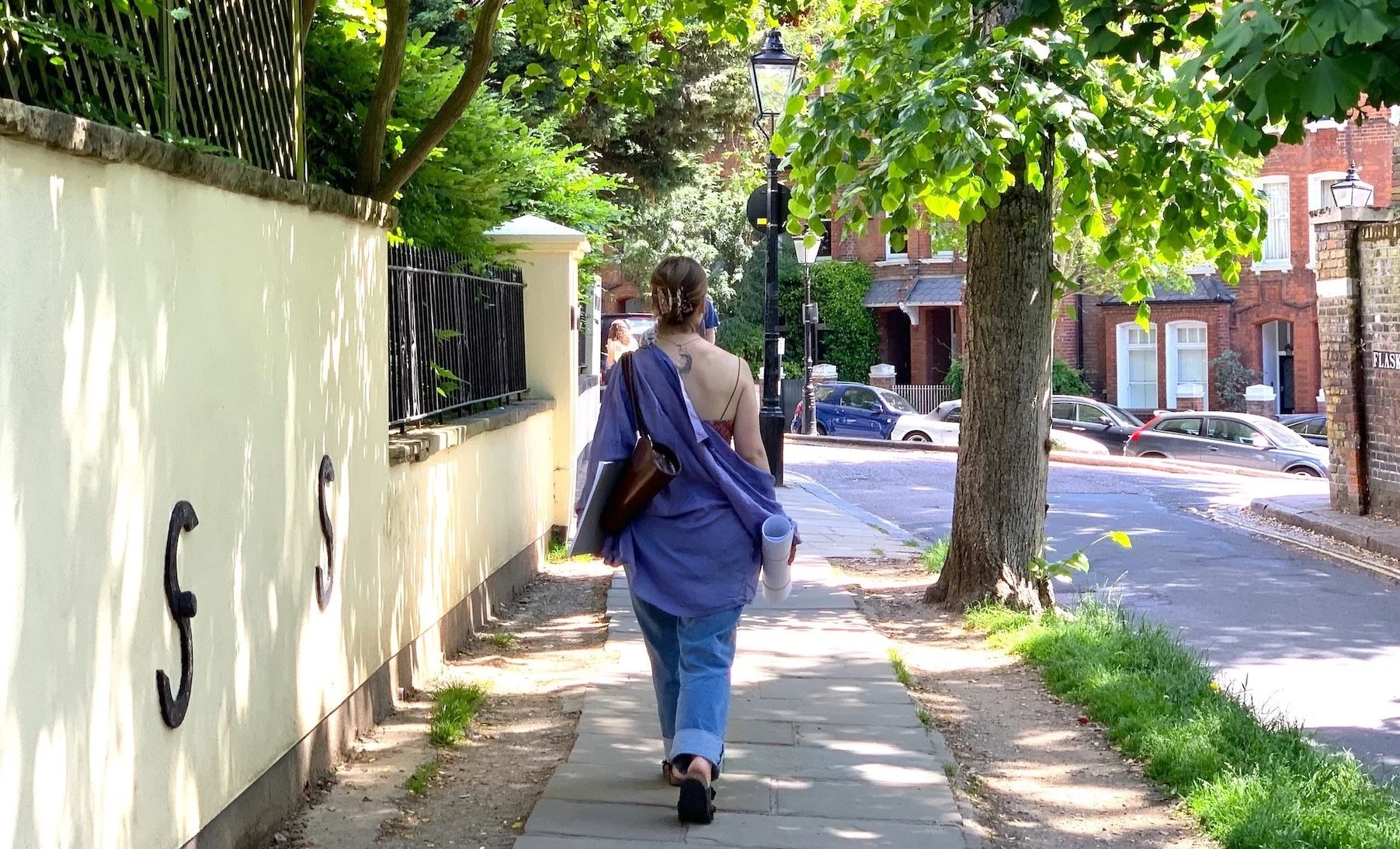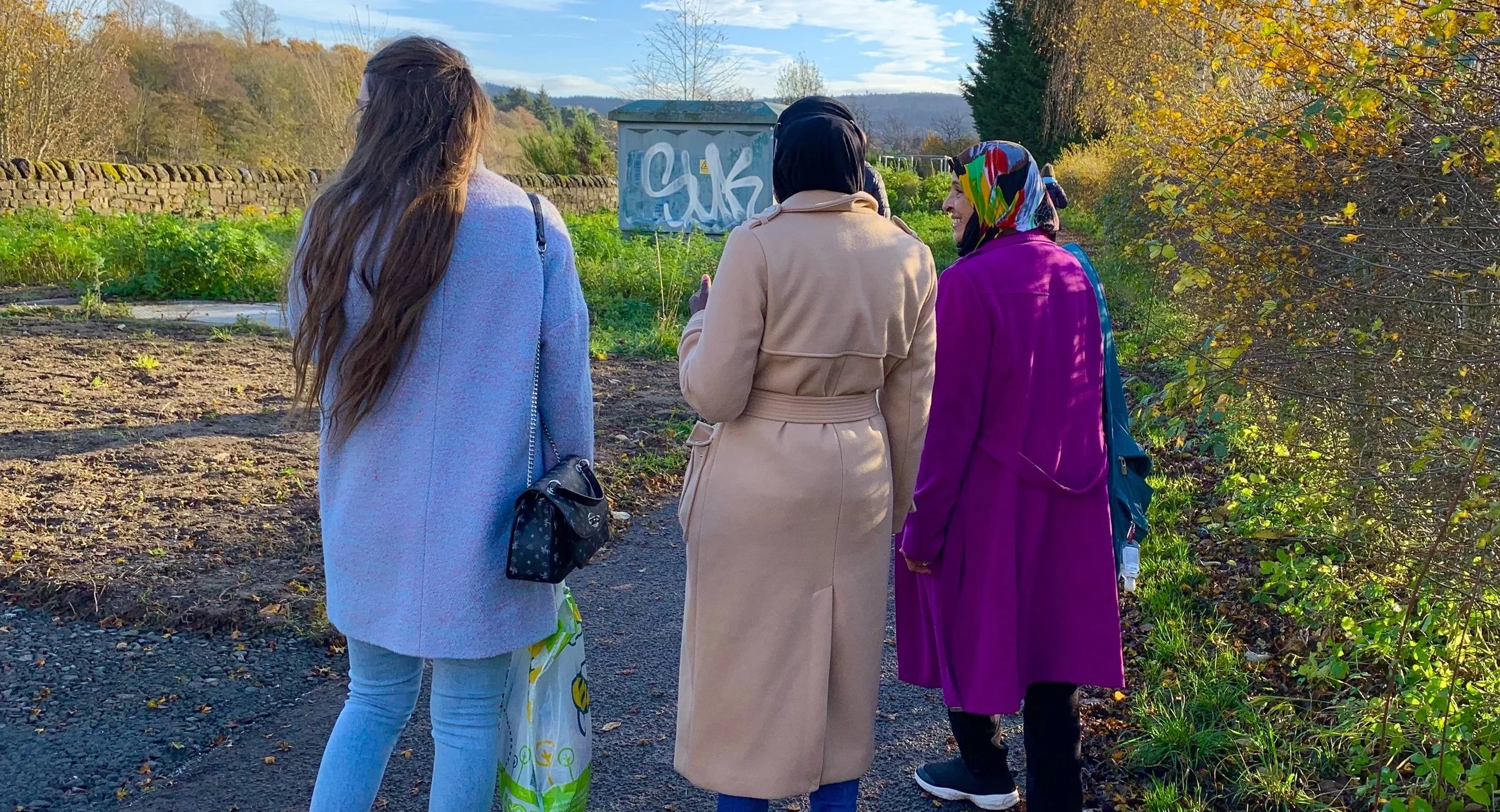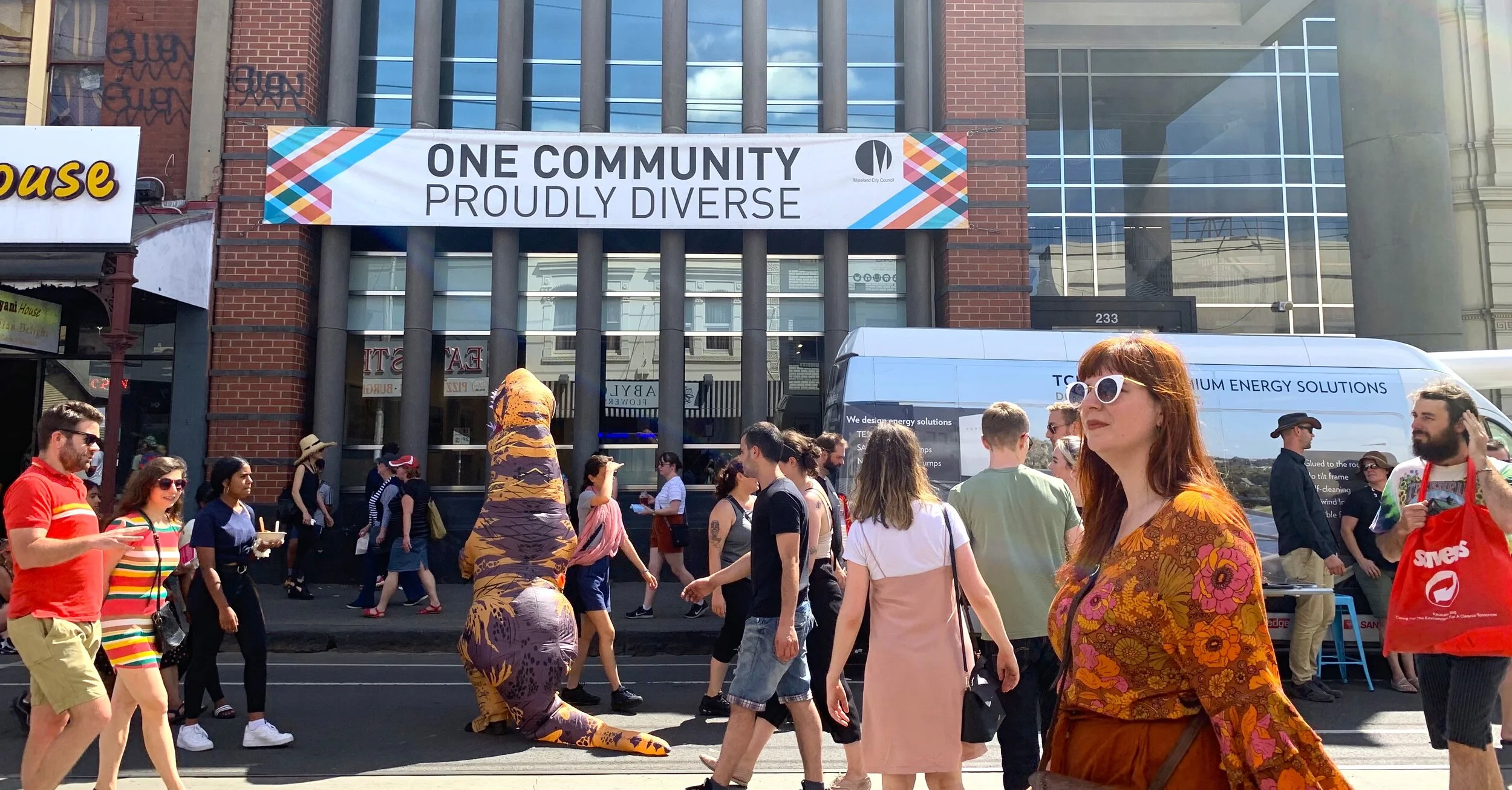In nature there is no true wastage. Ecosystems operate in cycles — plants grow in soils, animals eat plants, insects and other coprophages consume dung and the recycled nutrients enter the soils. Adopting a true ‘we are nature’ biocentric worldview may inspire us to rejoin this closed loop system, whereby one actor in the system’s waste, is really another’s treasure. Plastic pollution is just one piece of the puzzle. The more our ecosystems thrive, the more we thrive.
Read MoreOur increasing longevity is stretching the boundaries of life experience, unleashing a quiet cultural transformation, and challenging our resolve to support everyone in adding years to their lives and life to their years.
Read MoreRecent reports tracking progress towards achieving the Sustainable Development Goals by 2030, contain sobering conclusions: the SDGs are seriously off track. Indeed, we have even regressed in some SDGs targets. What are the questions that need to be addressed?
Read MoreMy thesis identified 38 leverage points on how urban planners, policy-makers, practitioners, and communities could intervene in urban planning systems, so that cities of the present and future can become greener, more inclusive, liveable, and poetic.
Read MoreThere is a strong intergenerational argument for establishing an ethical-stewarded sovereign wealth fund: enabling future generations to share in the economic prosperity that exploiting natural resources creates when the resources run out, and building the vital savings needed for them to weather the coming climate vulnerabilities.
Read MoreEsta canção entoada nas comunidades de aprendizado dos anos 2000, se tornou realidade nesta madrugada no leste de Santa Catarina. Foi quando minha filha ‘stuck’ num posto de gasolina da estrada que liga Porto Alegre a Florianópolis (devido a eventos extremos decorrentes das mudanças climáticas) foi 'salva' por um amigo atemporal- Glaico Sell.
Read MoreThe potential of integrating the concept of rewilding into 20-minute neighbourhoods is immense. From providing food and habitats for wildlife and enhancing green corridors to link together fragments of nature in the neighbourhood, to enabling people to develop stronger connections, recognise nature’s importance and foster a sense of co-evolving mutualism with the natural world.
Read MoreFindhorn is 60 years old. The pioneering eco-settlement in the Northeast of Scotland continues to play a leading role as a research and development centre for low carbon lifestyles, pursued through a complex melange of dream and vision, dance and chant, technology and spirit, investigation and design, reflection and action, death and renewal.
Read MoreThe United Nations estimated that the world’s population will reach 8 billion next week and India will replace China as the world’s most populous nation next year. As it assumes the mantle of the world’s most populous nation, what can India teach us about how to stimulate an evolving virtuous cycle between human and other living systems?
Read MoreFrom its very blueprint, the SDGs recognise Science, Technology and Innovation (STI) as a key implementation tool toward the achievement of inclusive societies, regenerative environments, open and supportive governance, and sustainable livelihoods.
Read MoreThe convergence of art and activism can widen perspectives, invite thoughtfulness, and raise the voices of those who have lost faith in politics and the socioeconomic systems, through the wild creations of art.
Read MoreThere is a budget revolution taking place in Europe with cities adopting gender sensitive budgets. Known as Budget-Genré in France and Presupuesto con Enfoque de Género (PEG) in Spain, gender responsive budgets adopt gender equality principles as a framework for making decisions in all phases of the budget cycle.
Read MoreWorld leaders pledged again to end deforestation…
This time, the word needs to actually do it!
Read More




